With an American lawyer set to buy St Johnstone, and both Dundee and Dundee United already under American ownership, we examine why our clubs seem so attractive to US investors.
Recent hit TV shows like Welcome To Wrexham and Ted Lasso have arguably exposed American audiences to the joys of “soccer”, but United and the Dees’ Yankee-bosses bought into their respective clubs long-before Ryan Reynolds and Rob McElhenney decided to resurrect the Welsh league-climbers.
So what is prompting American business tycoons to put their money into an industry that traditionally sees owners lose money hand-over-fist?
Football finance expert on American investment
Kieran Maguire is a lecturer in football finance at Liverpool University.
He is the author the book The Price of Football and hosts a regular podcast of the same name which has had more than 12 million downloads.
An affinity with Scottish culture, the relative low-cost of buying a Scottish team, and the potential for high return are the main drivers for US financiers, he said.
Speaking with The Courier, he explains how clubs like St Johnstone, Dundee United and Dundee and the “chase for third” and European success, could be transformative — for both teams and investor alike.
“There is an awful lot of money in the US. The American economy has done spectacularly well and there are people with spare cash, who do not really know what to do with it,” he said.
“They are looking for somewhere to park their money. They are not necessarily looking for a financial return — although they did not get rich by making silly investments.
“Compared to buying an American sport franchise, buying a ‘soccer’ club, as they would refer to it, for single millions and no more than $10-20 million, works out as a very cheap investment.
“You would not get an MLS franchise for less than $500m and there’s no chance of buying an NFL or NBA team.
“They have done their homework. There’s no money to be made, as such, from the SPFL. Everyone is chasing third place.
“If you get that, and you qualify for European football on a regular basis, the Europa League in particular, it is quite transformational.
“If a club gets passed the group stage, it is can be awarded between £10-20m.
“So for clubs like Dundee United, Dundee and St Johnstone, that is a substantial increase on existing revenue.
“And if this happens on a few occasions, it starts to look like more of an investment.”
Welcome to Dundee
And shows like Welcome To Wrexham? Well they have a bit of sway and certainly have been good for exposure, Kieran adds.
But there is also a big potential for return on investment, like what has been experienced with teams like Liverpool and Ipswich.
Kieran lectures in America in the summer, and said attendees regularly cite their love of the popular shows for opening their eyes to the game.
“It seems a bit petty and silly, but shows like Welcome to Wrexham and Ted Lasso are incredibly popular. Americans think these are absolutely fantastic,” he said.
“These investments will be seen as trophy assets. There is a lot of affection for Scotland in the US.
“And when it works, the American success stories are incredible.
“The Fenway Sports Group, for example, bought Liverpool FC for around £300m, and have sold 10% of the club for the same amount 12 months ago.
“If we look at Ipswich, a League One club in England, a US investor purchased them for around £10m and they have just sold-off a share of it for around £100m.
“There are some spectacular success stories in an industry where most of the businesses in it are actually losing money.
“You make money buying in low, and selling high. The cost in the interim and the day-to-day running can be less enjoyable.
“It is a bit like owning a race horse, there’s the expenses and a little bit of enjoyment ‘winning a race’ or having a cup-run, but it tends to be loss making.
“But if it does succeed, and progresses, then you can sell it at a profit.”
English appeal and Scottish access
And it’s not just the return on investment potential which is appealing to American money.
With the recent relaxation on SFA rules on dual investment, owners with a stake in clubs down south can now pump money into our teams.
This, in turn, could lead to a “feeder” system where young players are moulded in the SPFL before being sold for a profit to teams in the Premier League and EFL.
Kieran explained: “There is a view, post-Brexit, Scottish clubs are useful feeder clubs into English football.
“The old rule (on dual interest) has disappeared. If you have a good academy, that can be monetised, either by clubs in Scotland or England.”
Always a risk
As with all business investments, there is an element of risk.
Stakeholders are not always those supplying the cash, and football is no different.
The late Eddie Thompson, who was the first “outright owner” of Dundee United, once said: “You can change your wife, your house, your car but you can never change your team. Chairmen come and go, boards come and go but the fans remain. They are the one true constant. I’ve just been a custodian of the club.”
Fans should expect investors to do just that, put money into their beloved club.
But both United and Dundee have posted loses in their end-of-year accounts in the last decade.
Tim Keyes and John Nelms’ Dundee lost £2.8m in the year ending March 2023.
Mark Ogren’s Dundee United posted a loss of the same amount to June 2023.
Dundee have plunged into administration twice since 2003.
“There is a risk the rug could be pulled — we have seen that with several Asian investors in England. And if the club is loss-making…” Kieran says.
“Scottish clubs don’t tend to lose large amounts.
“It is a glib saying, but if it’s ‘loss making’, then it is ‘sustainable until it is not’.
“If the owner loses interest, or becomes persona non grata like what happened at Chelsea and Roman Abramovich, it can be an issue and is when it comes to international investment.
“We are living in a complicated world and things can change very rapidly.
“And if the club is losing money and the owner has been plugging those gaps, and their circumstances change, then you have a problem.”
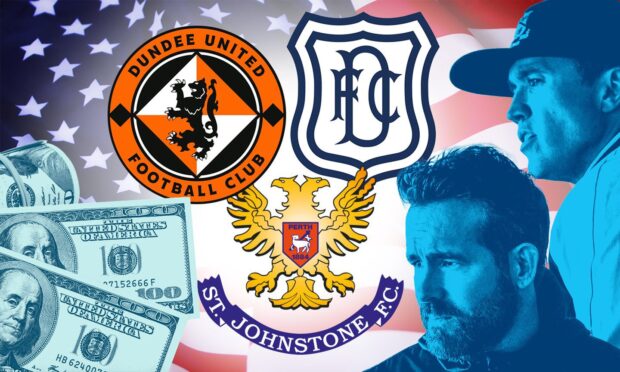
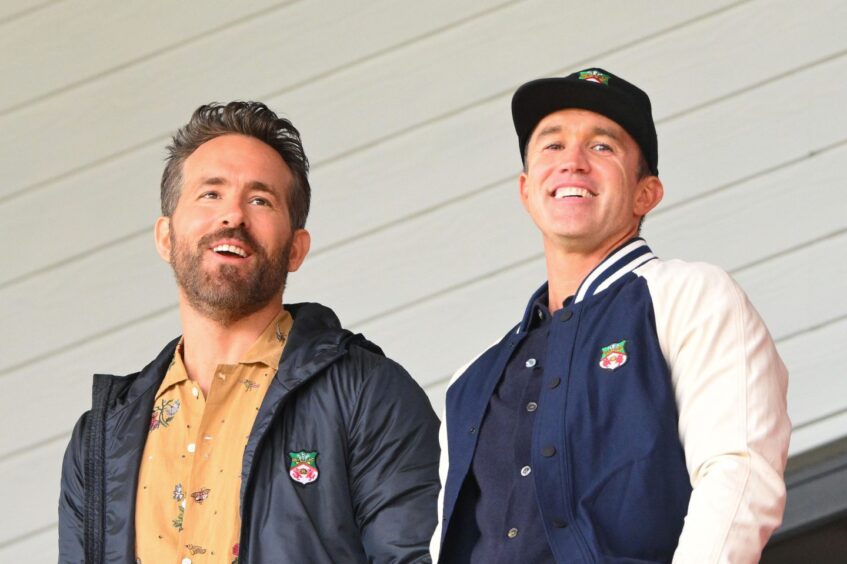
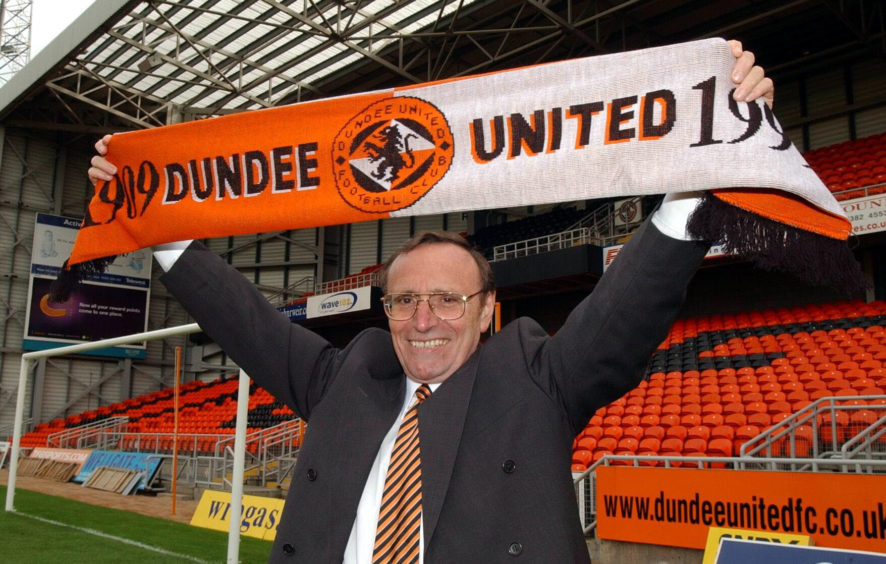
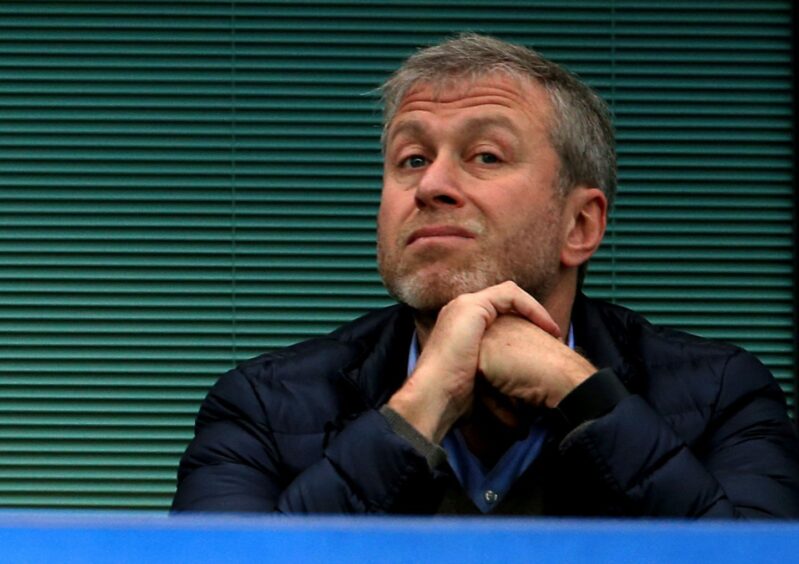




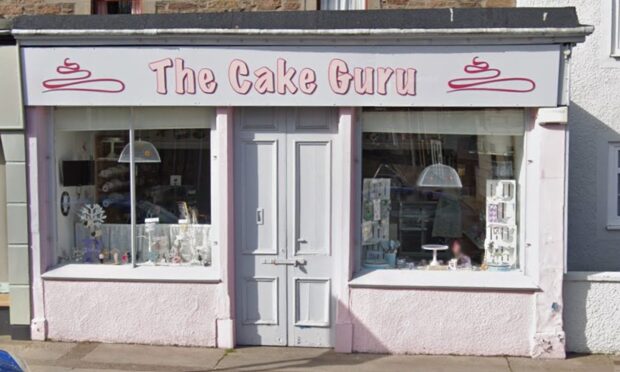
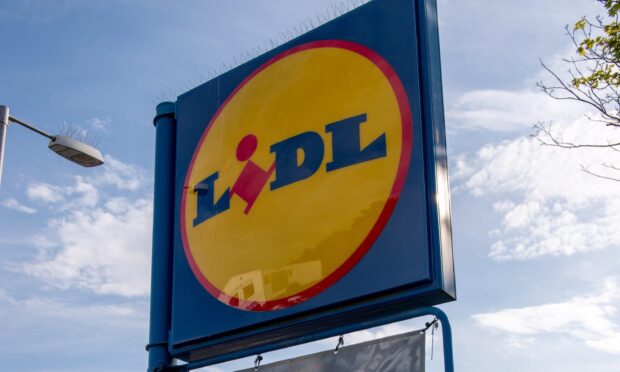
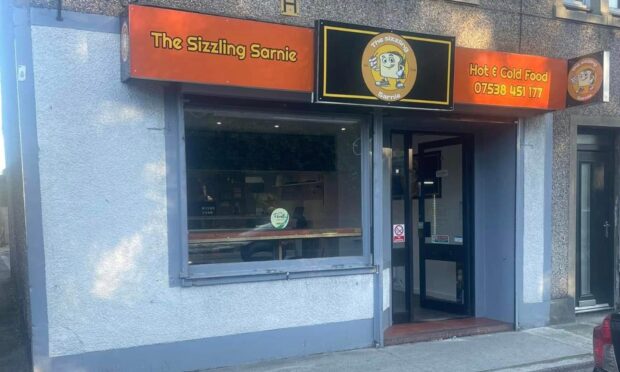


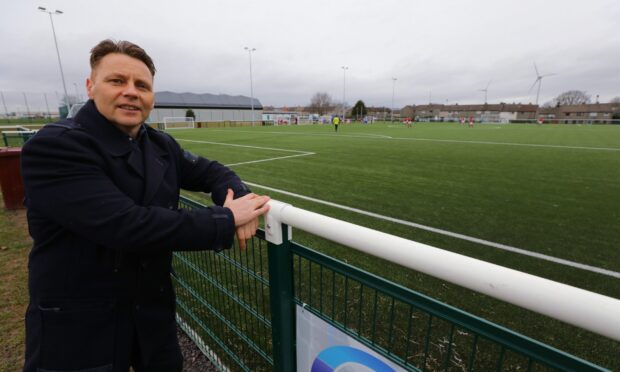
Conversation